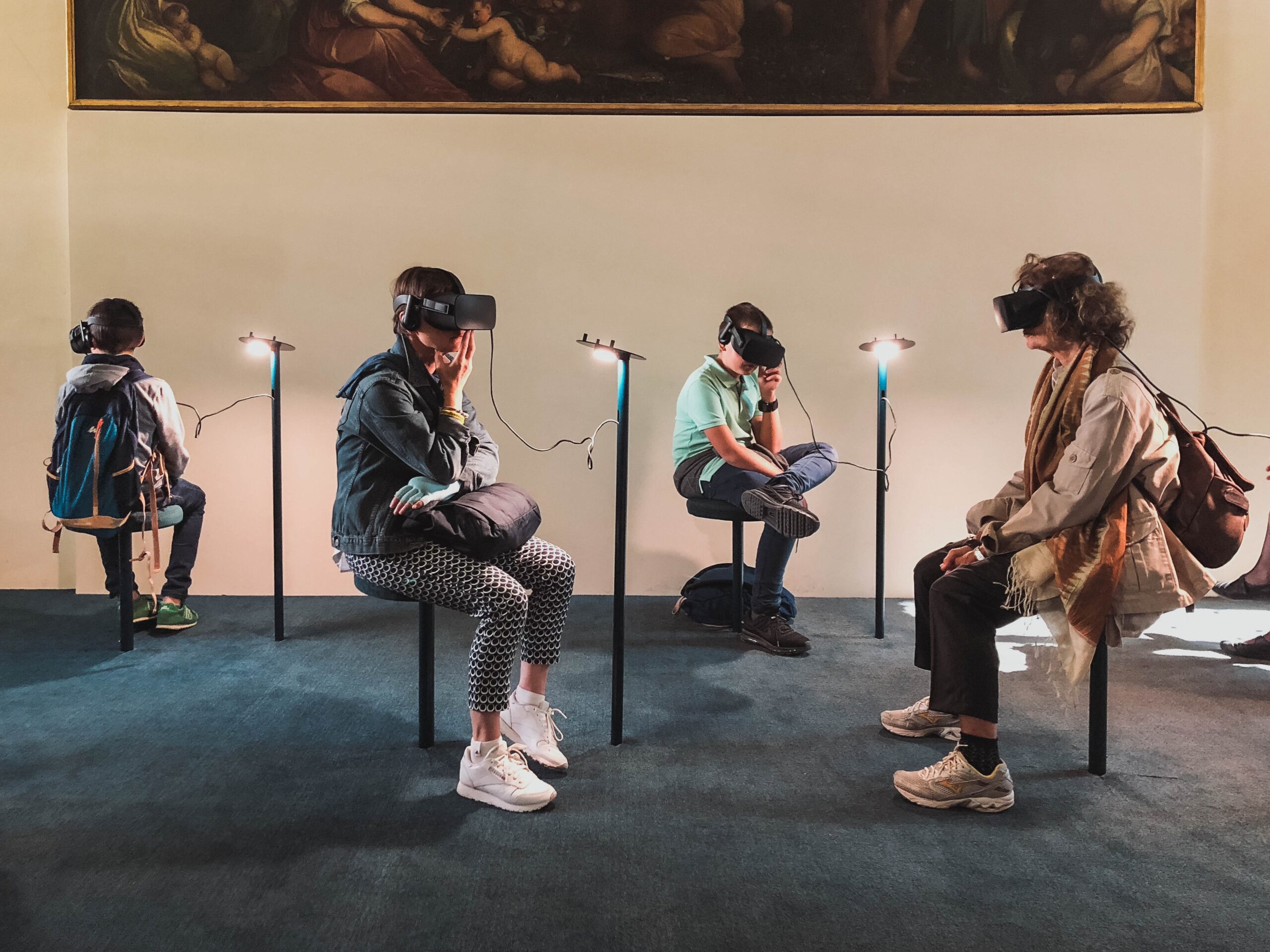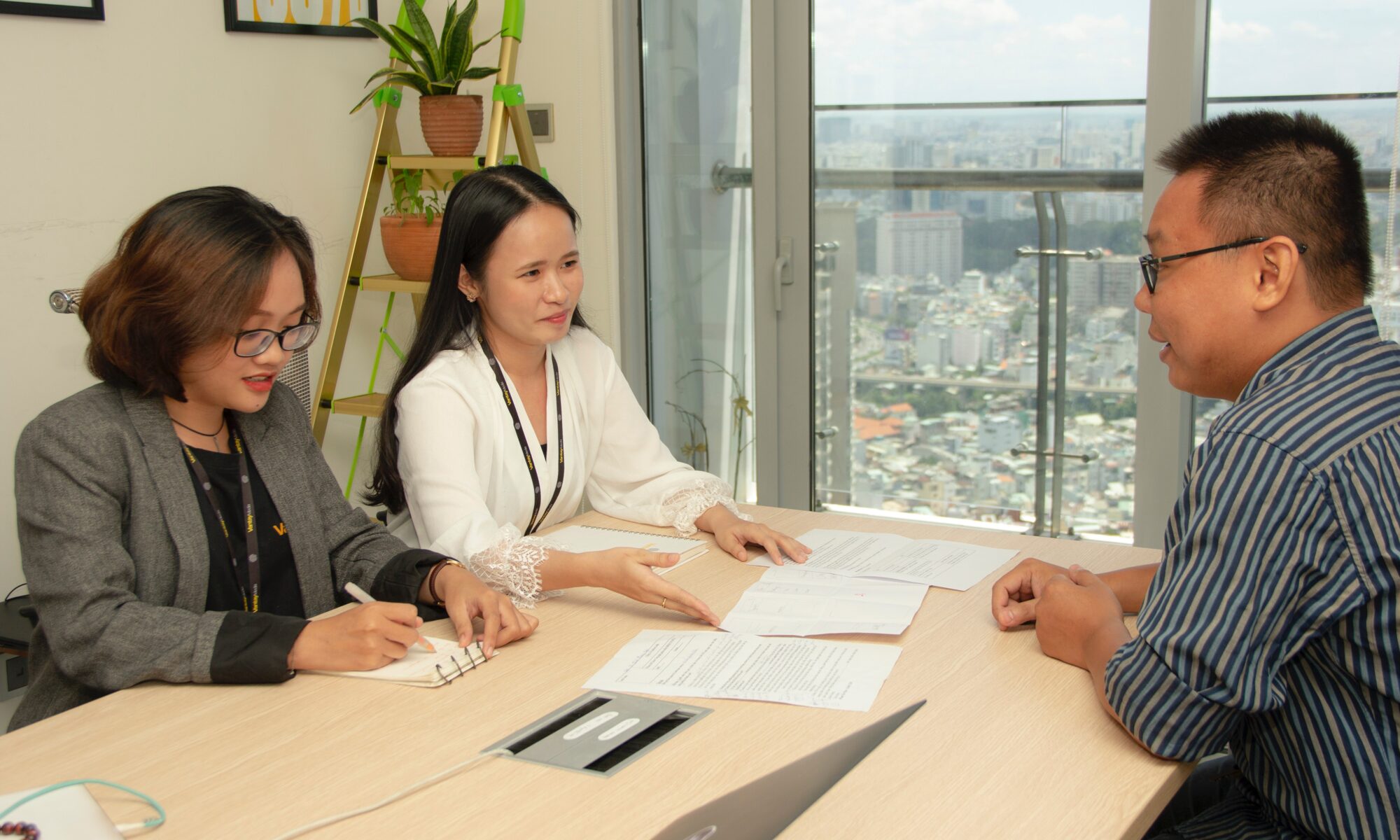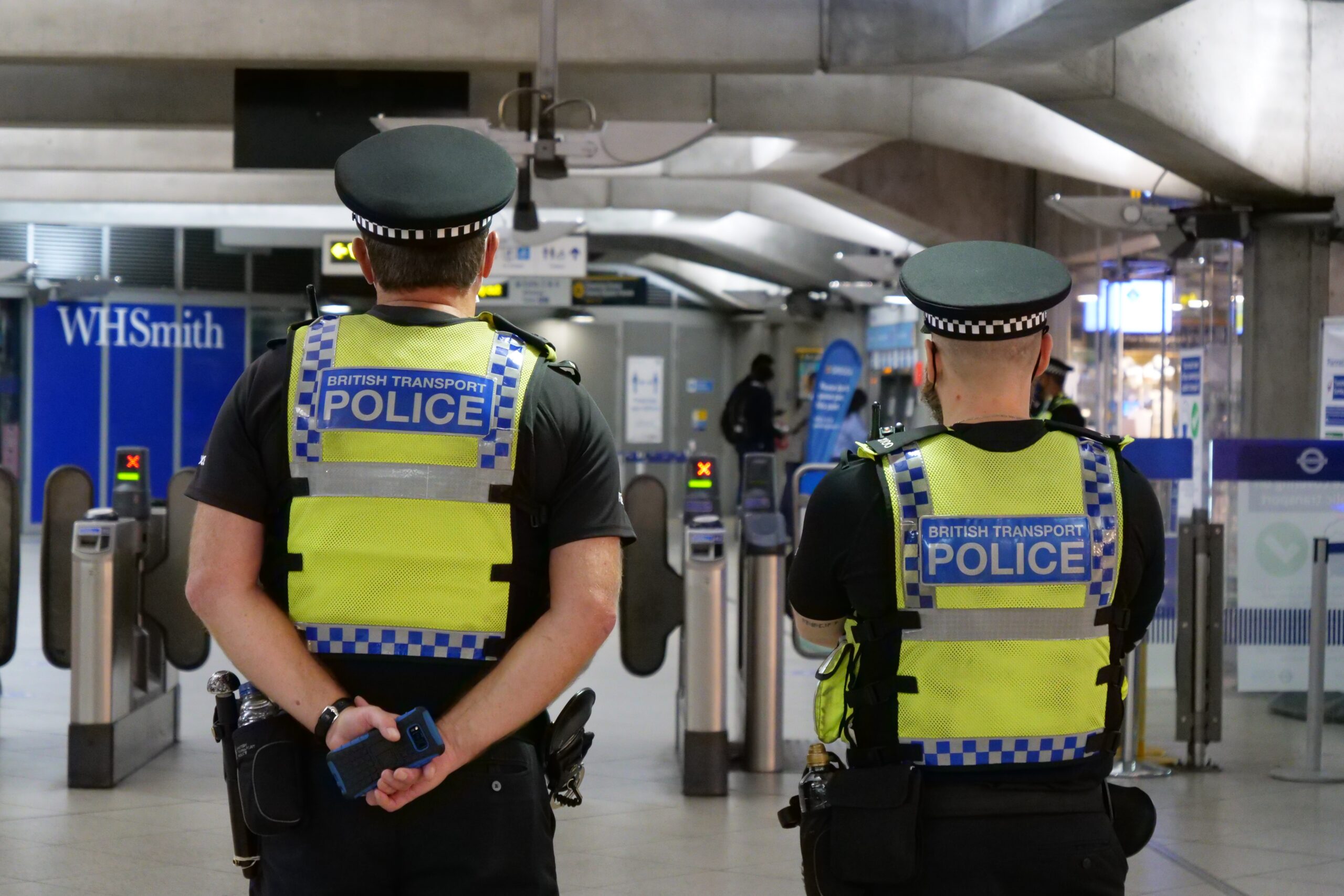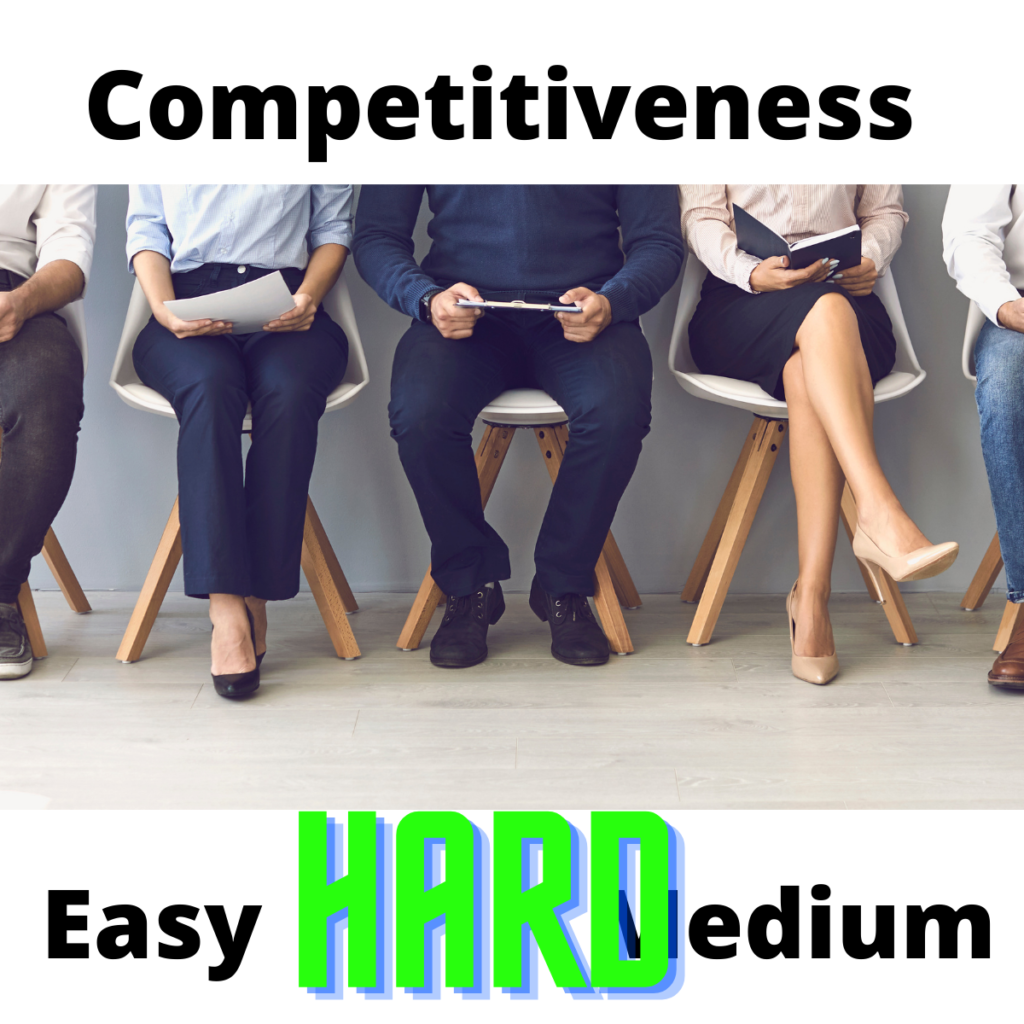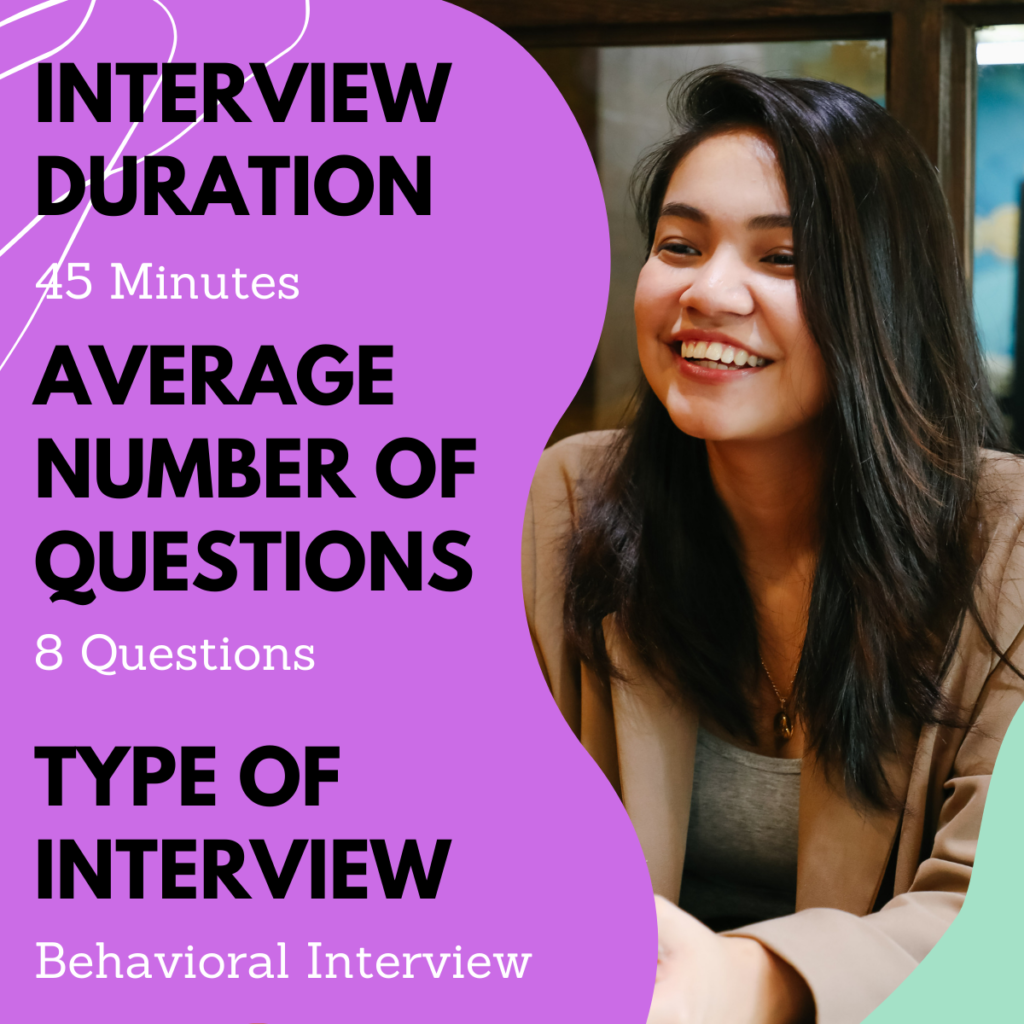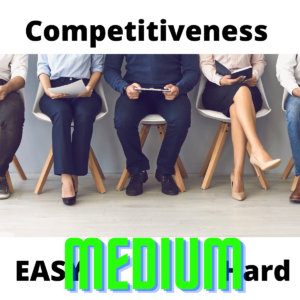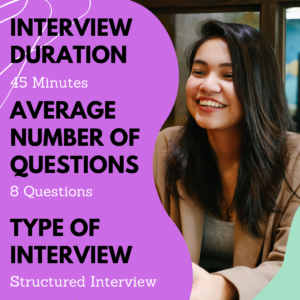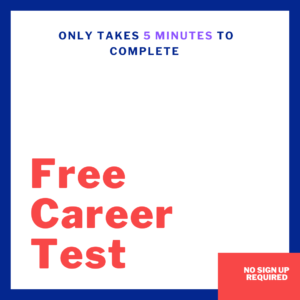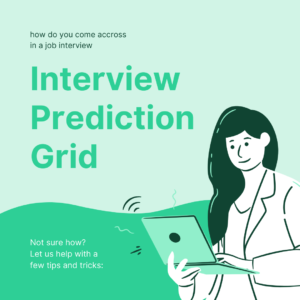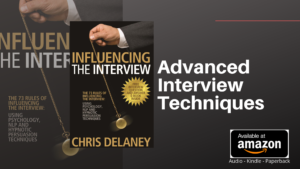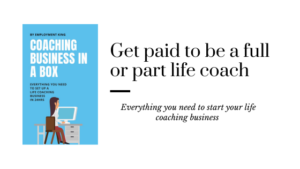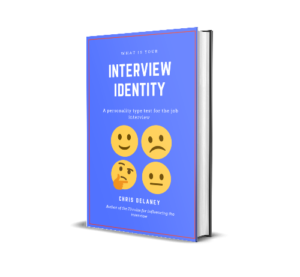The interview is the wall blocking the path to career success.
Knowing how to interview for a job helps to break down the barrier, giving career professionals the upper hand in the recruitment process.
This article will explain:
- How an employers perceives an applicants suitability
- How to prepare for job interview questions
- How voice and content create high scoring interview answers
In short, this article will help job candidates get interview ready.
Are you seen as employable during the interview?
The goal of any job interview, from the applicant’s perspective, is to be seen as hirable.
Showcasing one’s suitability is the objective, but the question is what does suitable look like?
A bottom-line approach would say that the applicant who best meets the listed essential job criteria would be offered the advertised position.
By ticking that an applicant has X qualification, or X experience doesn’t result in the best hire. This is because employers value creative problem-solving skills, innovation, and work ethic, among other things – these are all hard-to-measure qualities when using a tick sheet approach.
Employers overcome the tick-sheet hurdle by requesting ‘example’ interview answers. The example, when delivered well, showcases personal qualities and skills as well as duration in the industry and sector-related qualifications.
Many hiring managers also look a ‘fit’ – asking ‘will the interviewee’s temperament fit within the current team and company culture?’
The searching for a good ‘fit’ has resulted in a new style of job interview; strength based interviewing and values job interviews.
In all job interviews; behavioral job interview, situational job interview, unstructured recruitment processes and values interviews, suitability is based on two key elements: The applicants perceived level of industry knowledge and experience and their level of confidence during the job interview.
The combination of a career professional’s level of perceived knowledge/experience vs their level of confidence creates one of sixteen job interview identities.
A strong (highly suitable) interview identity is created by the confident communication of competencies through story-telling, facts & figures, stating sector models, the use of industry jargon and acronyms, and highlighting relevant skills and experiences.
Weaker interview identities are formed from a nervous applicant who uses excessive filler words, self-discloses weaknesses, fidgets, mumbles, and gives answers that don’t reference the job criteria.
What is your interview identity? Take the test here.
The interview start
How to interview for a job starts at the beginning, the interview introduction:
A highly skilled career professional was running late for his job interview. The traffic was a nightmare: horns beeping, drivers shouting and all traffic lights turning red. After a few detours and maneuvering, the interviewee arrived just on time, flustered, stressed but on time.
Running through the entrance, he announces himself to the receptionist. After making a few notes, the receptionist starts making small talk, asking about his journey and the weather. The flustered interviewee wearing a well-fitted pinstriped suit is dismissive to the receptionist as he checks his documents in preparation for the forthcoming interview.
The receptionist, a tall blond lady, takes a sip of water, looks at the man, and attempts to engage the job applicant in conversation. After another curt reply, the receptionist takes the man upstairs to the interview room, where she introduces him to two hiring managers. To the man’s surprise, the receptionist sits down next to the hiring manager ‘she must be taking notes’ the man thinks to himself.
As the man takes a seat and straightens his tie, he smiles at the interview pane. Just then the receptionist starts the interview by explaining that she is the CEO and that she likes to meet all new candidates at reception to get to know them better, informally, before the interview started.
The job interview starts as soon as the candidate walks into the employer’s building.
First impressions are hard to change. This is why the appearance of an applicant; their clothing choice, handshake, body language, and voice, is an important factor.
The applicant’s appearance and all the underlined ‘appearance’ categories create an unconscious bias, which at a generic level is based on likability.
If an employer, based on first appearances, ‘likes’ the candidate, the candidate has a smaller upper hand at the interview start. This is because humans search for evidence to back up their beliefs, meaning that at a subconscious level an interviewer who initially likes or dislikes a person (through unconscious bias) will look for evidence that proves this opinion to be true.
A positive initial impression is easy to create by using the advice below, but some hiring managers may be ageist, sexist, racist, or any other ‘istems’. An employer with a strong negative association towards any group will be a hard person to influence, as their prejudices create an invisible barrier.
To be seen as more likable:
- Wear a clothing style that suits your body shape
- Possess strong eye contact – this can be practiced in advanced
- Hold your head high, shoulders back and don’t slouch when sitting down
- Use a firm handshake and smile
- Have a well rehearsed introductory line
- Think of a few ‘small talk’ questions to ask while walking to the interview room
In the interview room
Each company is different, but in the main, a hiring manager will introduce the interview panel, before explaining the interview process: The duration of the interview, the number of questions, and the interview rules (that you can ask for a question to be repeated). Any additional tasks; presentations, assessments etc, that may be required as part of the recruitment process and when the candidates will be informed if they have been successful or not.
In most cases, you will be given a glass of water. But as a back up take a bottle of water for this interview hack.
When asked an unexpected interview question, it will put most job applicants on the back foot, resulting in them waffling on about an unrelated subject.
Instead, whenever your brain is too slow to catch up with the curveball question, take a sip of water. Interviewers expect applicants to be nervous and to take sips of water (to wet a dry throat). These 3 seconds of sipping water allows the mind to search for a suitable interview answer.
After or before the introduction to the interview panel, you will be asked to sit down.
It is important to be seen as a confident person. Humans are drawn to confident people. We believe confident people will be a good fit and possess excellent social skills.
Confident people will:
- Relax in the chair while having good posture
- Possess strong eye contact, looking at all members of the interview panel
- Gesture as they talk and become animated in their voice (lots of vocal variety)
The job interview
A number of interviews are now conducted online. The virtual interview requires additional advice that can be found here: how to interview virtually.
For a traditional face-to-face job interview, employers preference the ‘structured’ job interview process.
In short, a structured interview is a set of interview questions asked to all candidates (unlike an unstructured jo interview which is an open conversation where different candidates are asked different questions based on the discussion) which are scored logically based on the job roles essential criteria.
As an example, for a job role that has 30 essential criteria’s an employer will create 8-10 interview questions.
Each interview answer, for each question, to score high must reference several of the 30 essential criteria. This can be in the form of:
- Stating a sector related theory or model
- Giving an example or story
- Listing facts and data
- Physically presenting data
- Through the applicants persona for essential criteria relating to personal skills

Job Interview Questions
The average number of questions asked in a job interview is eight.
Commonly, the opening interview question is: ‘tell me a little about yourself’ and the final question is: ‘do you have any questions for us?’
In between these two questions will be 6 competency-based interview questions. Questions that ask for evidence that highlights if the applicant possesses the essential criteria.
A full list of interview questions and answers can be found here: questions and answers for an interview
One of the best approaches, to create a high-scoring answer, is to split the answer into two sections. Section one will state the process/theory/model relating to the interview questions, and part two is an example of using the said process/theory/model.
This two-part job interview answer will cover a large number of essential criteria.
As an example, if asked ‘give me an example of being prioritizing tasks’ the answer would start with an explanation of how to prioritize tasks using, as an example, the time management matrix theory before an example of being organized and planned is given.

Its not what you say, its how you say it
One mistake career professionals make is focusing solely on content to their interview answers.
Any good public speaker will tell, ‘it’s not what you say, but how you say it that is important.
Inflection, as an example, can change the meaning of a statement. The statement ‘I could do that has a different meaning depending on how it is spoken.
- I could do that – I can do that and I am happy to do that
- I could do that – You want me to do that?
- I could do that – I don’t want to do that!
Watch this video for a great example of inflection
The voice is a powerful communication tool, to engage the interview panel:
- Using vocal variety
- Reduce the amount of filler words
- Pause before a key point
- Increase pace when excited
- Slow down pace when making a powerful statement
- Show emotion through your tonality

To pass a job interview, the three rules are:
- Identify the job criteria as this allows an applicant to predict the job interview questions and to practice high-scoring job interview answers
- Be a self-promoter – talk about skills and experiences relevant to the job role, the essential criteria
- Use confident communication to engage the interview panel







